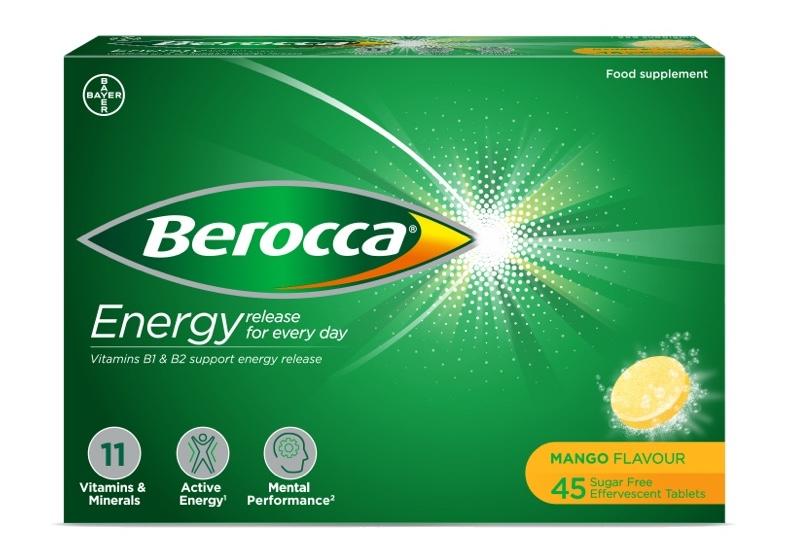Immune system: cells, tissues and functions
The immune system takes care of your health by protecting you from harmful substances, diseases and cell changes. It’s is a complex system of cells, tissues and specialised proteins which work together to keep you safe.
But what is the immune system, and how does it work? We’ve put together a guide on the immune system, looking at what it is, the cells and tissues that make it up, the difference between innate and adaptive immunity and what the functions of the immune system are.
Table of contents
What is the immune system?
The immune system is your defence against illness and infection caused by harmful viruses, bacteria, parasites or fungi. It’s a system of cells, tissues and specialised proteins that works to defeat germs and take care of you.
Sometimes your immune system might not work as it’s supposed to so doesn’t protect you from disease as well as it should. For example, cancer patients may have immunodeficiency as the treatment and sometimes the disease can weaken their immune system.
People can also develop autoimmune disorders, which means the immune system can’t tell the difference between foreign cells (like germs) and your own cells, so mistakenly attacks them. Common autoimmune disorders include rheumatoid arthritis and type-1 diabetes. Similarly, allergies occur when your immune system has an overreaction to allergens, which are a usually harmless substance.
Your body is incredibly well-adapted to prevent pathogens from getting into it in the first place through a series of physical barriers. These barriers are your first line of defence and stop many pathogens from ever reaching your immune system. Some of them include:
- Your skin
- The cough reflex
- Mucous, which traps and removes pathogens
- Enzymes found in your tears
- Stomach acid & the digestive system
Immune system: cells and tissues
A wide range of cells, specialised proteins, tissues and organs make up a person's immune system. The main contributors to the immune system are:
- Antibodies
- White blood cells
- The lymphatic system and your lymph nodes
- Bone marrow
- Thymus
- Spleen
The tissues and organs involved in your immune system help to make and mobilise white blood cells (immune cells) and the immune response.
Antigens are the name given to any substance which is recognised by an antibody. This includes pathogens (like viruses and bacteria), toxins (substances made by microbes), and other substances from outside the body. Antibodies are specialised proteins that can be released by white blood cells as part of your immune response. They attach to these substances to help remove them from your body.
White blood cells are found in your blood and lymphatic system, where they are carried around the body. When your white blood cells encounter a pathogen, they have an active response to it and can start to multiply.
Two important types of white blood cells are phagocytes and lymphocytes. Phagocytes ingest and then destroy or kill pathogens and other invading organisms: they eat them!
Lymphocytes can act as the immune system’s “memory” – specific cells are kept to remember and recognise invaders so the body can neutralise the threat next time and better protect you from it. This means your body can learn to defend itself from pathogens that it encounters multiple times (this is called adaptive immunity).
There are three main kinds of lymphocytes. B lymphocytes make antibodies to remove the pathogen, and also alert T lymphocytes. T lymphocytes then destroy compromised cells. There are also Natural Killer cells, which recognise and then destroy virally infected cells.
Difference between innate and adaptive immune system
There are two kinds of immune system that work in different ways, called the adaptive immune system and the innate immune system.
The adaptive immune system targets the specific kind of antigen that is causing the infection, destroying the pathogen with immune cells. It adapts itself based around pathogens that it encounters.
The adaptive immune system identifies and remembers certain pathogens, so if it’s exposed to them again it’s easier to destroy them and there’s less risk of getting ill. This means you either don’t get sick at all or have a much milder illness than you might have done.
Adaptive immunity itself is split into two subgroups: active immunity, and passive immunity. Active immunity is when you get immunity to a pathogen after being exposed to it. Passive immunity is when protection from disease comes from antibodies created outside of your own body.
There are also two kinds of active immunity: natural and vaccination-induced immunity. Natural immunity happens when you’re exposed to a pathogen in your day-to-day life. Vaccine-induced immunity is when you’re exposed to an inactive or weakened version of the disease via a vaccine (for example the flu vaccine).
Passive immunity can either be maternal or artificial. Maternal passive immunity is passed from mother to child, either from the placenta or through breastmilk after the baby has been born. Artificial passive immunity happens when antibodies are given as part of medical treatment with blood products in the hospital.
The innate immune system, also known as the non-specific immune system, is made up of various specialised immune cells and chemical messengers that your body can use against pathogens.
What are the functions of the immune system?
As we’ve already looked at, the immune system works in different ways to keep you healthy. Some of the functions of the immune system are:
- To trap and remove harmful pathogens
- To fight disease-causing changes inside your body (for example the growth of cancerous cells)
- To launch an immune response which finds, recognises and destroys antigens before you get an infection
- To remember pathogens it has encountered before to better protect you in the future.
While your immune system is a complex system, sometimes it might need a little extra support. There are lots of resources available for looking after your immune system, and things like diet, fitness, lifestyle and even how much sleep you’re getting can all have an impact on your immunity. You can learn more about how you can look after your immune system on our immune support blog.
Another way to support your immune system is by adding a daily glass of Berocca Immuno to your diet! Berocca Immuno contains high strength vitamins C and D as well as 8* other immunity supporting vitamins and minerals.
If you’re worried about your immune system, you should speak to your doctor for more advice.
*Berocca Immuno contains vitamins C, D, A, B6, B9 & B12, zinc, copper, iron and selenium, all support the immune system.
Find
The nearest shop
Get more time in your day with less time shopping. Get your Berocca from a store nearby.
*Contains caffeine which helps improve alertness. Do not exceed 400mg of caffeine per day. Not suitable for those pregnant or breastfeeding.





